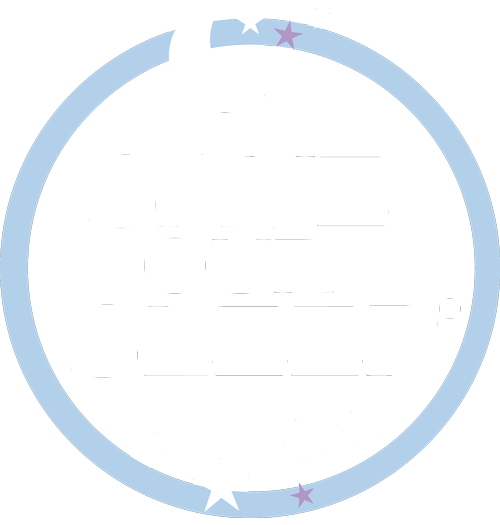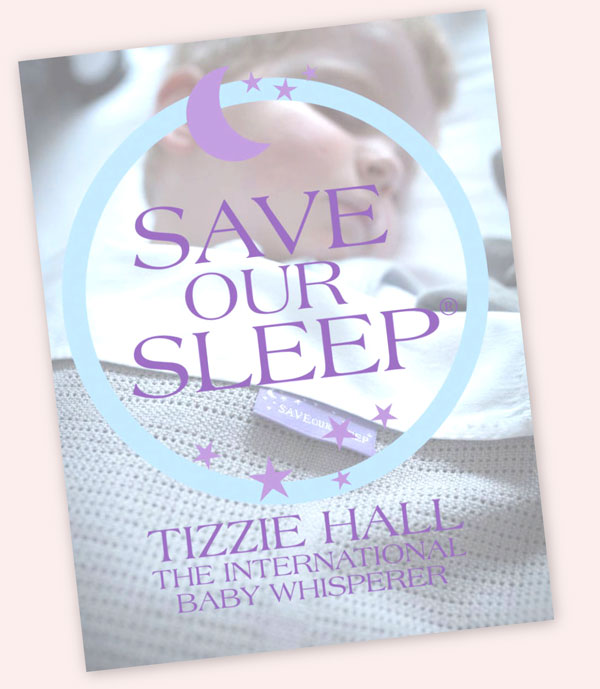In the first few days, newborns can sleep from 16 to 20 hours a day. The gender of the baby, or whether he is breast or bottlefed makes no difference. It is very important in the early days to feed your baby frequently. As some newborns don’t have the energy to wake and ask for food, I recommend that breastfed babies should go no longer than three hours in the day and five hours at night without a feed. This benefits your breast milk supply as much as the baby’s needs. Formula-fed babies can be given their bottle every four hours during the day and may be left for six hours between night feeds.
By week two it is important to be developing some sort of sleeping and feeding routine. For years health professionals have been debating the pros and cons of a routine, but the one factor they always agree on is that babies feel safe and secure when they know when and what things are going to happen.
The reason I recommend establishing a pattern by two weeks is to allow you enough time to establish your baby’s routine before things can start to go wrong.
The two most important rules when it comes to babies and sleep are:
- 1. Always put your baby down for a sleep or nap in the place you intend him to wake up; and
- 2. Try to teach your baby the skill of self-settling as early as possible. This means going to sleep without aids, such as rocking, patting, feeding or even the use of a dummy.
My experience indicates that babies don’t start to surface between sleep cycles (the process of drifting between light and deep sleep) until they reach about eight weeks. Newborn babies can be aided to sleep and they will still sleep for long periods, however at about eight weeks, daytime sleeps change.
If you have aided your baby to sleep, you will notice that he will only catnap during the day. At about five to six months your baby will also begin to surface between night sleep cycles.
An adult changes sleep cycles about every 90 minutes, however in babies it can be as little as every 20 minutes. Babies cannot be expected to resettle until they have learned to self-settle in the first place.
Usually, a baby of six months will show the first signs of a self-settling problem by waking at about 5:00am. Then he will begin to wake at 11:00pm, and by the time your baby is one year old he will be waking at 9:00pm, 11:00pm, 1:00am, 3:00am and 5:00am! The sooner you solve the waking problem the better. ![]()
Prevention is the best way to avoid these problems
If your baby is younger than eight weeks old, establishing a good, proven routine will prevent these issues. If you have an older baby with a sleep problem, the Save our Sleep™ website contains different articles for varying ages. For babies younger than eight months there are different versions of passive settling.
For those older than eight months, I do not recommend controlled crying, as walking in and out of the room will only tease your baby. It will make him emotional and he will continue to sob after falling asleep.
Rather than this ‘cry yourself to sleep’ method, I recommend the ‘laying down approach’. Again, there are different approaches for different ages. ![]()
Some common problems which occur in the first year can be solved with a feeding and sleeping routine. These include:
- Colic
- Catnapping
- Night waking
- Dummy or wrap dependency
- Early waking
- Adjusting to daylight saving
- Car seat tantrums
Tips to create a good sleeper
- Have a consistent routine
- Always put your baby to sleep where he will wake up
- Never aid your baby into slumber
- Make sure your baby is not too warm or too cold
* Tizzie Hall has worked since 1996 as a private sleep consultant through her business Save Our Sleep™. She can be contacted here.
 And don’t forget?
And don’t forget?
Subscribe to our regular news and updates.
I wish you every success.
Best regards,
Tizzie Hall
Director




